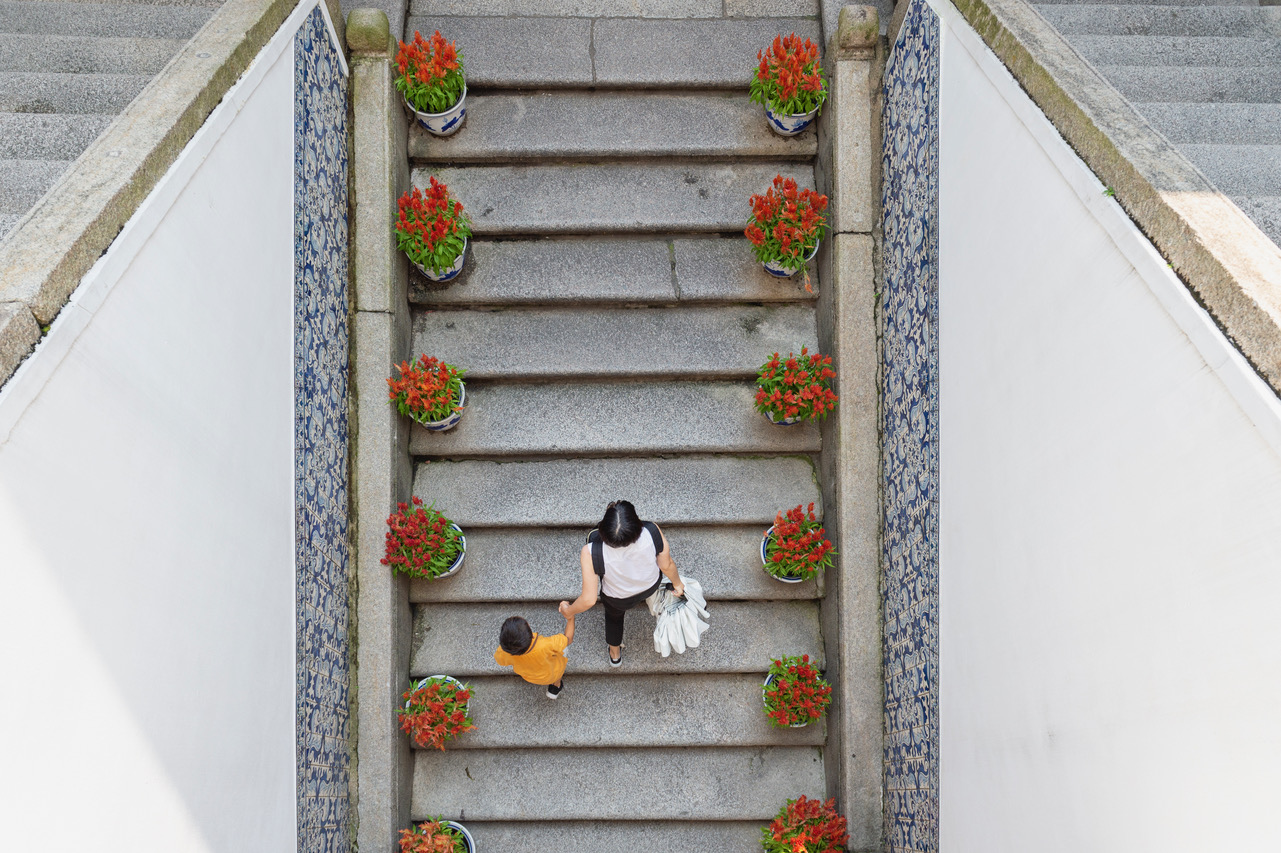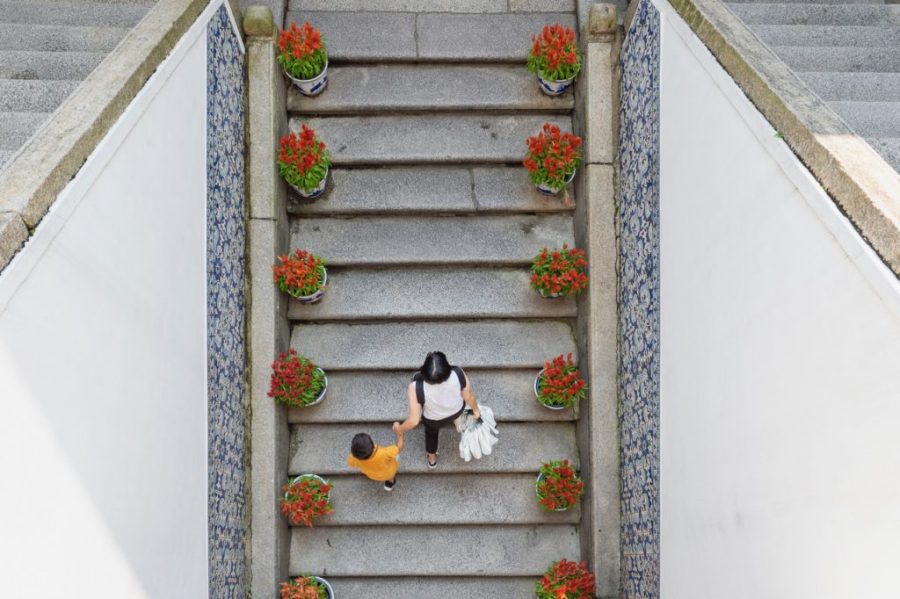Flowers, chocolates, a drawing and snuggles… no mother would deny these are all very nice gestures. But if modern mums were brutally honest about what they’d like this Mother’s Day, however – well, the answers might surprise.
We asked three Macao women how their beautiful, exhausting, rewarding and sometimes lonely motherhood journeys could be made a little easier. This is what they had to say.
Adriana Lucas: a shift in societal expectations
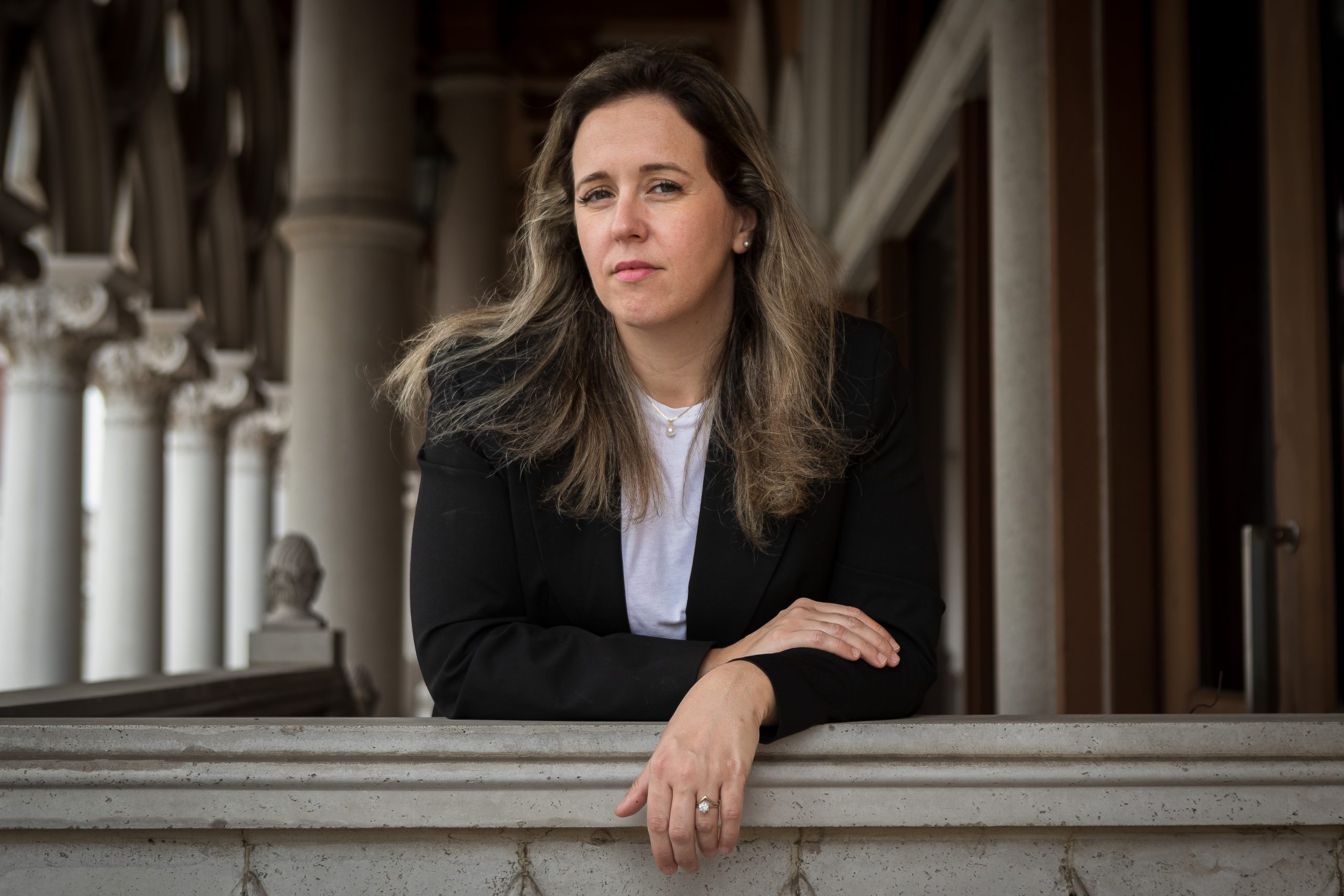
Adriana Lucas is a widow, a wife, a mother of two, and director of Sales Operations at Sands China. Somehow, the 37-year-old is also studying for her MBA.
Portuguese-born Lucas says wearing all these different hats is made harder by society’s unrealistic expectations. She feels pressure to be a “smiling and easy-going” woman and a big boss at the office and perfectly groomed at all times – but protests that it’s simply not possible. This Mothers’ Day, Lucas would like society to tone down the pressure it puts on modern mums.
“There’s a lack of understanding of everything a mum has to juggle and monitor, even considering the access we have to help from domestic workers in Macao,” says Lucas.
“Our load is either going unseen or being significantly underestimated. What we do is undervalued.”
According to Lucas, [generally] women working in a corporate environment not only have to work harder than men to be noticed, they also have to deal with unflattering stereotypes. “If we act more emotional, we’re labelled as softies; if we are assertive, we’re labelled bossy – it’s difficult to find a balance,” she laments.
“Then, we [mums] get home after work and we’re the default parent for just about anything. At the same time as all this, we’re expected to look great – waxed, hair and nails done.”
Lucas, who uses her maiden name, has overcome more hurdles than most in her reach where she is today. Her first husband – the father of her six-year-old son, named Lucas – died in 2019, shortly after the family relocated to the Azores, an archipelago in the Atlantic ocean that’s been dubbed Europe’s Hawaii. But terminal cancer turned what was supposed to be a dream move for the couple into a tragic nightmare.
Lucas decided to bring her then-two-year-old back to Macao, where she’d lived for seven years before the Azores. She thought – correctly – that her tight-knit group of friends would help her deal with her grief. Then, she fell in love with her rugby coach.
“He had a great connection with Lucas and I trusted him to be the father figure I had hoped for my son,” she says.
The couple married in March 2022, and Lucas gave birth to a second boy – James – that July.
Jolene Amaral: emotional support
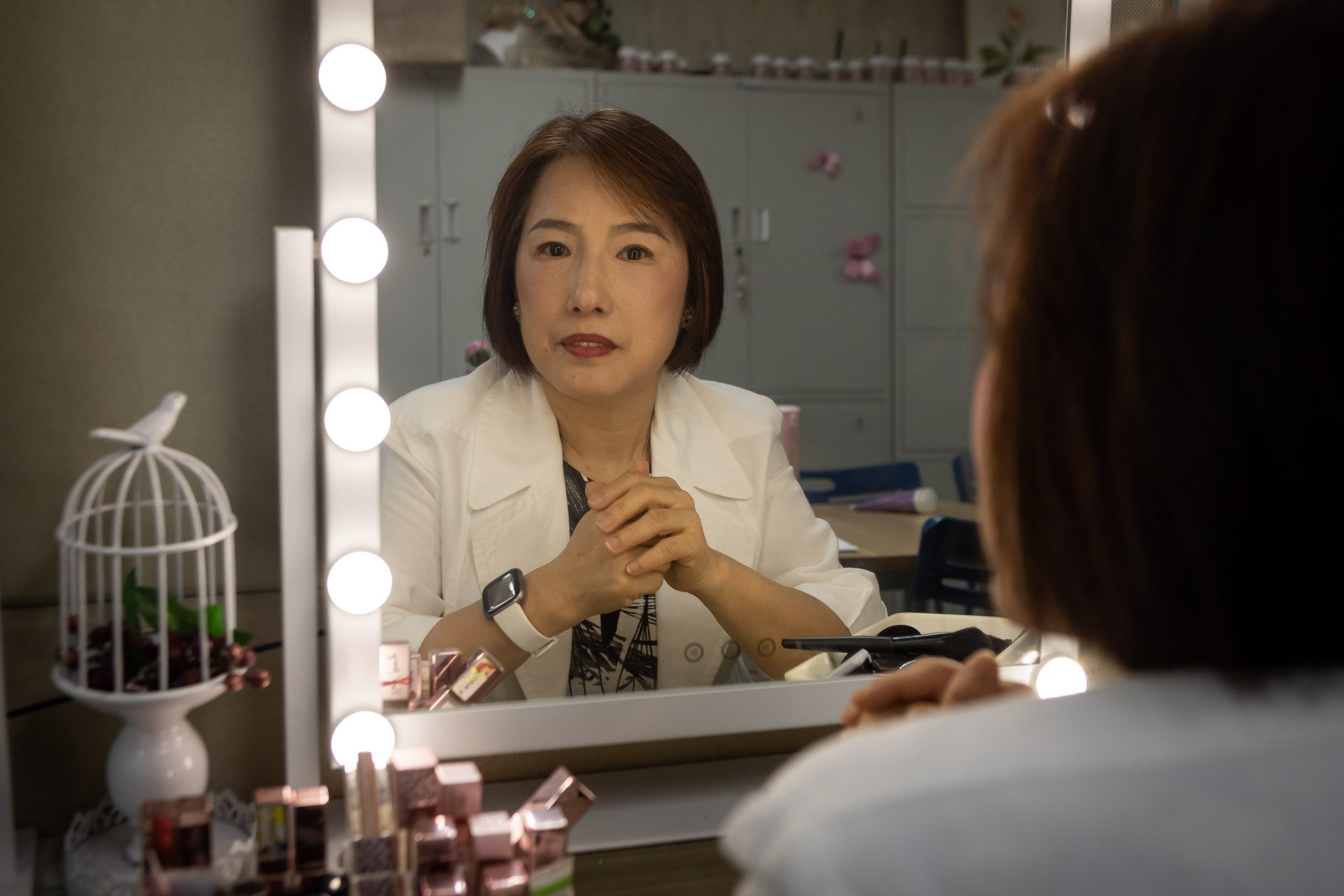
At the tender age of 23, Jolene Amaral moved from Guangzhou to Macao alongside her brother to work in a factory – intending to save enough money to study overseas. But life had other plans. Two years later, in 1990, Amaral met the man who became her husband. Over the next nine years she became a mother of three.
Tragically, Amaral lost her husband to liver cancer in 2011 – just as her kids were entering adolescence. She’s had to navigate much of motherhood alone and in mourning.
“I had to handle the financial needs of my family, cope with my own emotional struggles, and deal with my children’s rebellious behaviour,” recalls Amaral, who at that time juggled two jobs to make ends meet.
Amaral worked as a kindergarten teacher at the Macao Anglican School and as a consultant for Mary Kay skin care products. Twelve years on, she says she’s incredibly proud she managed to send each of her “incredibly talented kids” to college in the United Kingdom. All three built lives over there.
Amaral would like every mum to receive emotional support this Mothers’ Day (and in general). From friends, family, strangers, support groups, and healthcare professionals.
“Many mothers silently bear the burden of ensuring their families are fed, without receiving the same nourishment themselves; they strive to provide the best education for their children while neglecting their own personal interests,” she says.
“Emotional support is essential and can be expressed through empathy, trust, care, hope and love. Close family and friends often reciprocate emotional support, fostering a sense of solidarity and connection while providing a safe space to share vulnerabilities.”
These days, Amaral is a Mary Kay sales rep. She also hosts beauty workshops for women, which offer a chance to connect, listen and share stories. Amaral says her own experiences as a widowed mother left her with heightened empathy for any woman in crisis. She is deeply involved with a number of charities, including the International Ladies Club of Macau.
Her parting advice for mums? “Give yourself permission to fail; it allows you to embrace the possibilities of what can go right.”
Helena Nazaré: more maternity leave
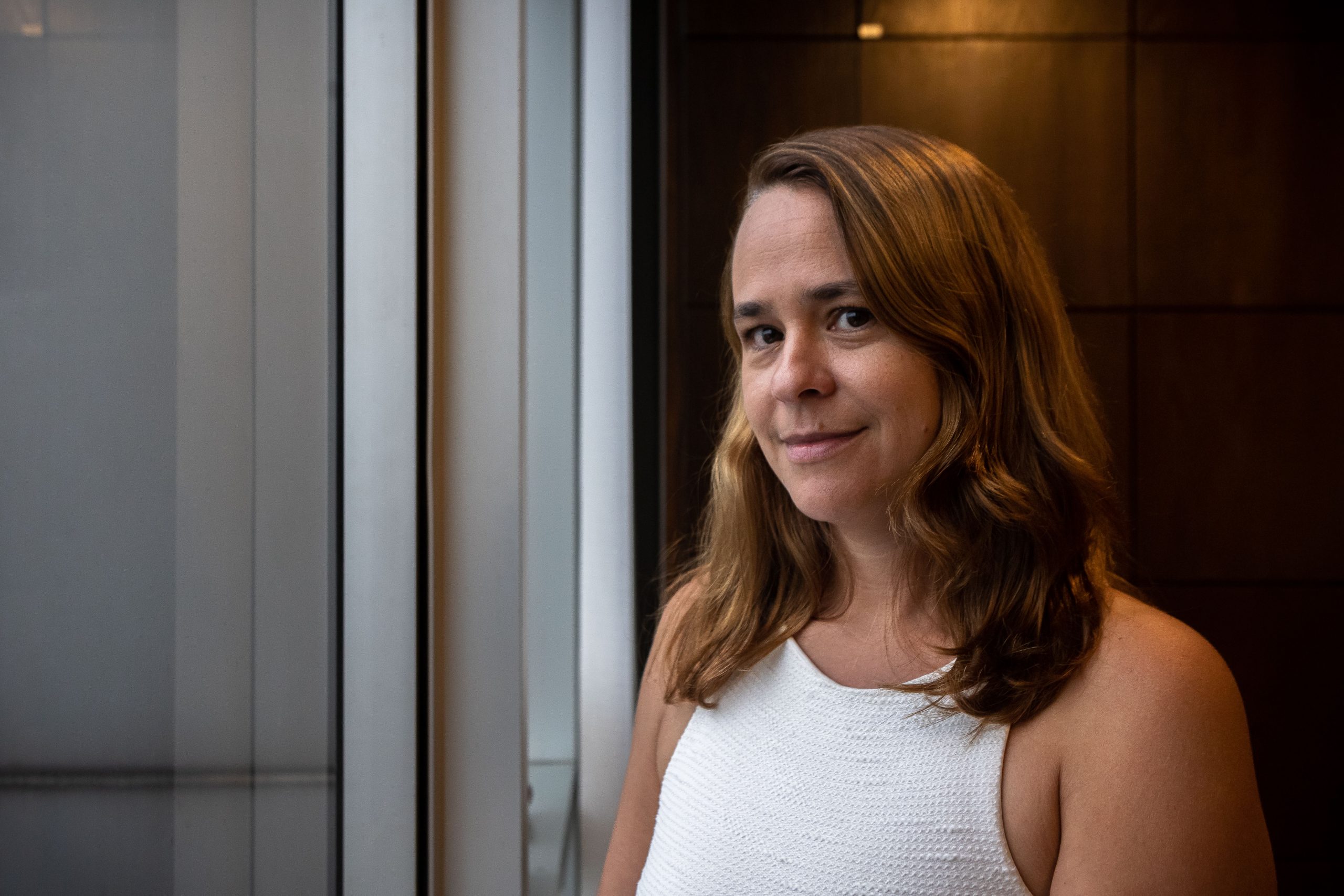
Portuguese-born Helena Nazaré welcomed her fourth baby girl, Carmo, to the world just six months ago. Nazaré’s oldest is 8 and this Mothers’ Day, she’d like more maternity leave, please.
Raising four kids is a full-time job if ever there was one, yet 40-year-old Nazaré combines it with a high-flying career outside of the home. She is a lawyer – registered in Macao, Portugal and mainland China – with Rato, Ling, Lei & Cortés. And she’s proof that women can do it all, excellently: after eleven years of work, her firm recently promoted her to partner.
But doing it all is exhausting. “I consider myself a struggling mother who could really use more than 24 hours in a day,” Nazaré is quick to admit. “Sadly that’s not possible! I always try to prioritise my children and be present as much as possible, which is tiring, but so worth the effort.”
While Nazaré is hard on herself for not having more time up her sleeve, she also sees it as something legal reform could help with.
“Labour laws in Macao lack support for mothers. This is a common issue in most Asian countries, however Macao’s legislation is based on European laws – it should have more supportive maternity leave,” she explains.
“Maternity leave is too short [in Macao] and family assistance is not even contemplated by law.”
Most mothers in Macao are entitled to 70 days’ paid maternity leave. Portugal, in contrast, grants up to 150 days of fully-paid leave for new mums – 42 days of which are mandatory.
This situation makes Nazaré especially grateful for a “wonderful” husband, who rejects outmoded gender roles while also working full-time as a veterinarian.
“We are both capable of doing the same things,” she says. “In our family, everything that needs to be taken care of is done by either the father or the mother, without any differentiation.”
While longer maternity leave would make mothering easier, Nazaré still relishes her role as matriarch of a big family.
“Having 4 children means that no two days are the same and our house is always full – and I love that!” she says.
“My children make me see the world with refreshed hope, and offer different perspectives. They are my elixir of youth. Sometimes, when I ask for their opinions on how to solve things, their thoughts make me come to the conclusion that the world really can be different. It is gratifying.”
